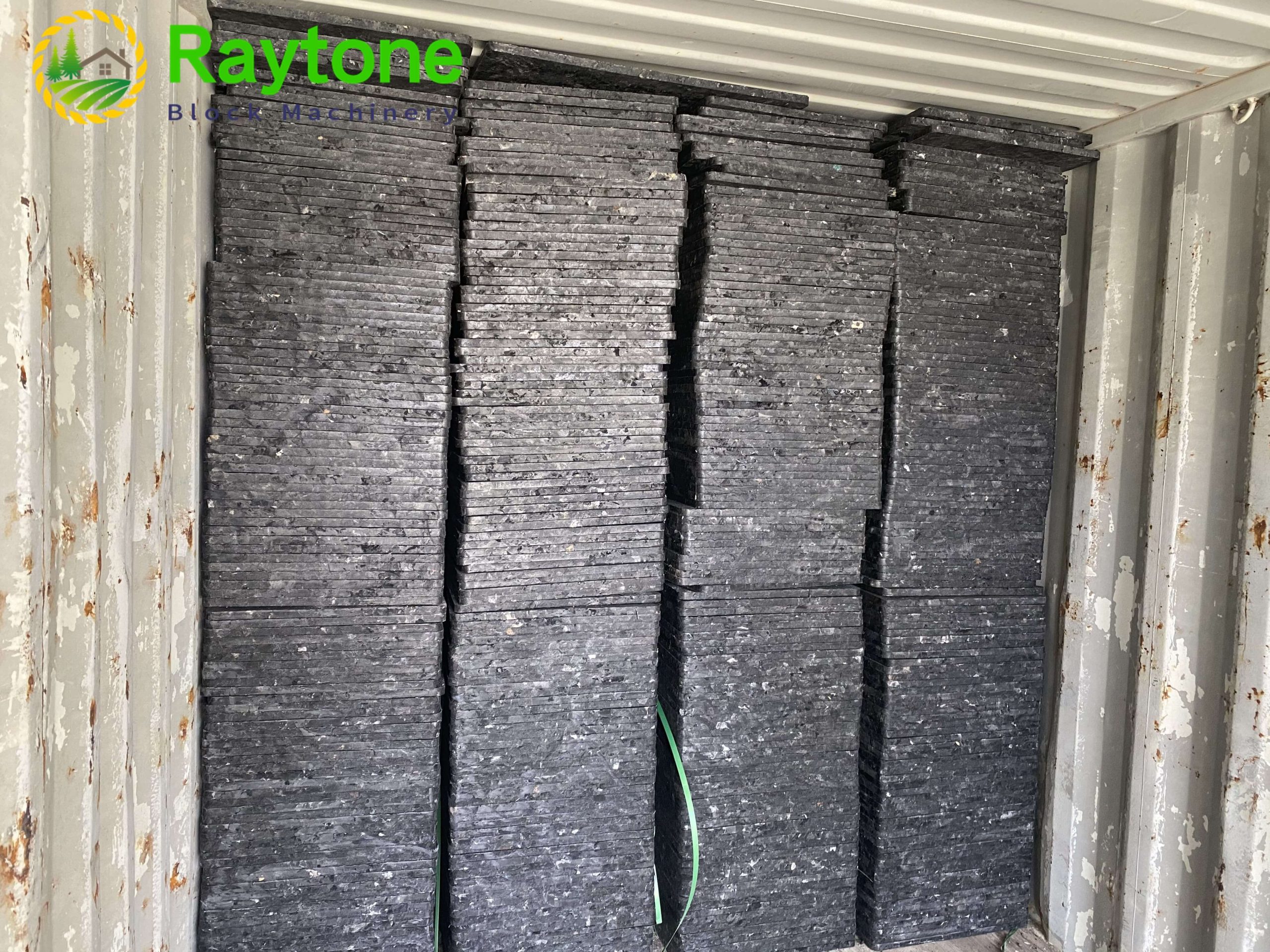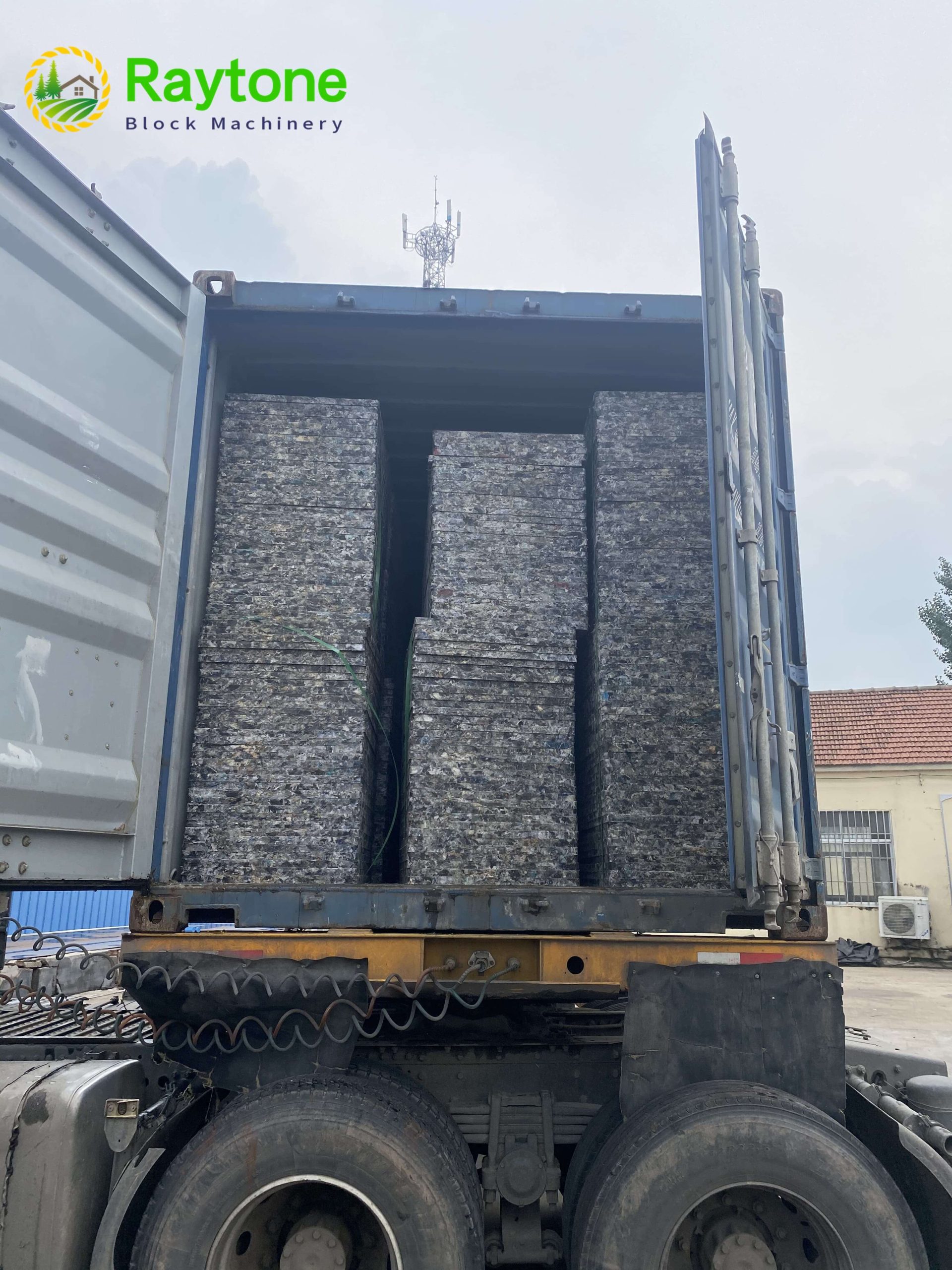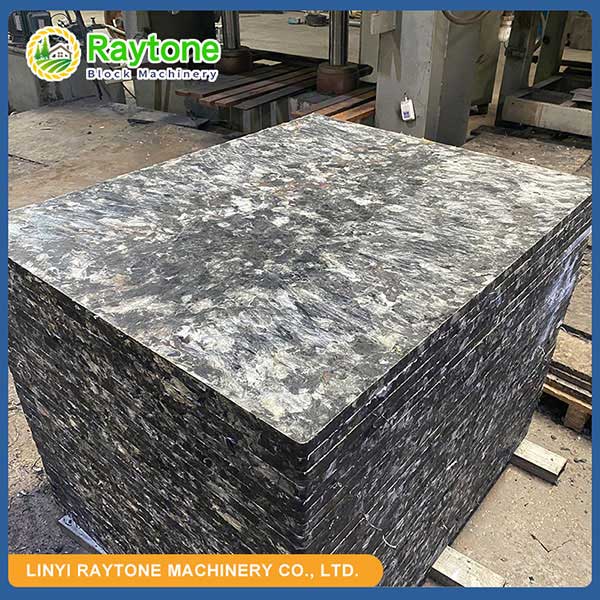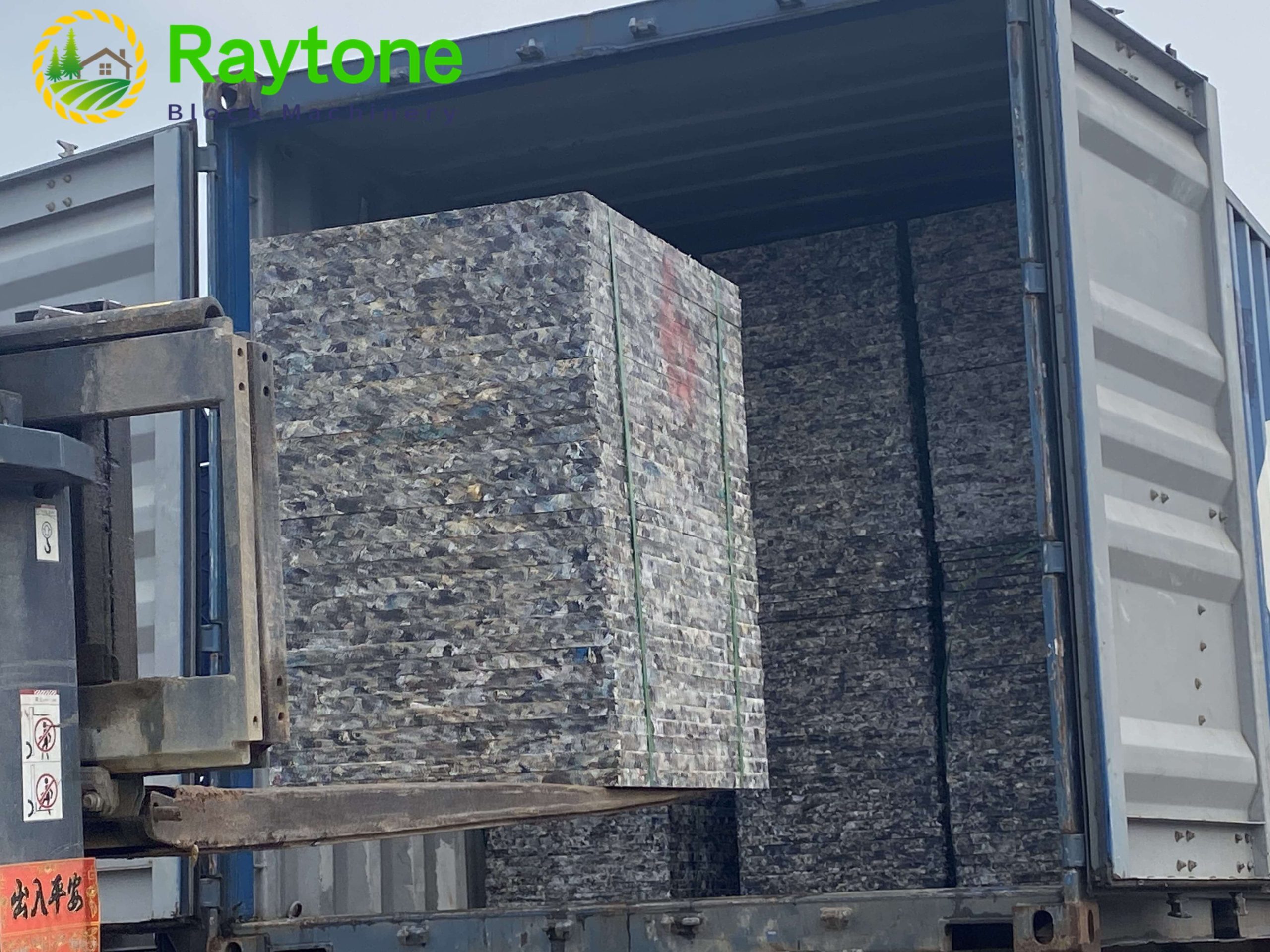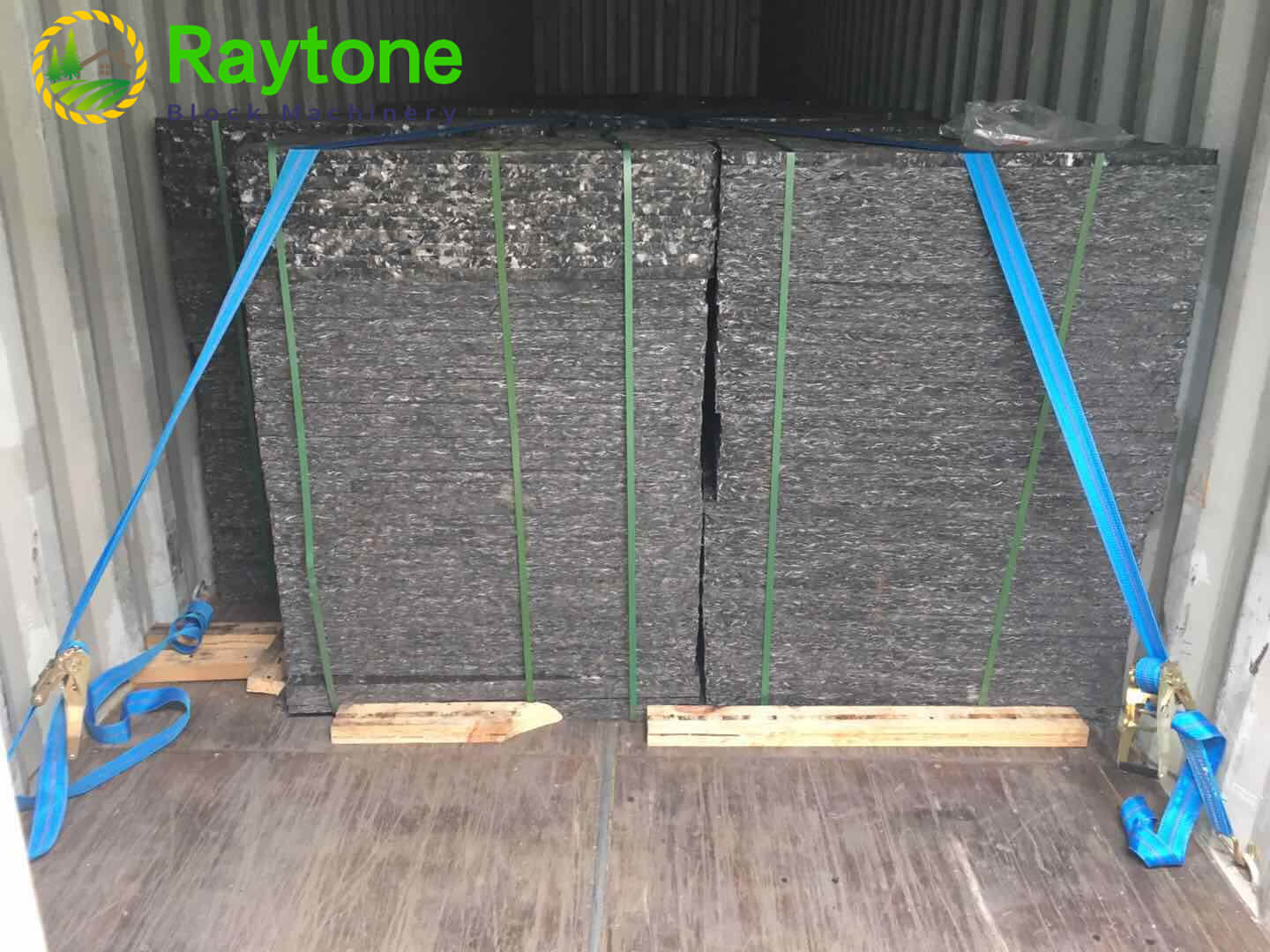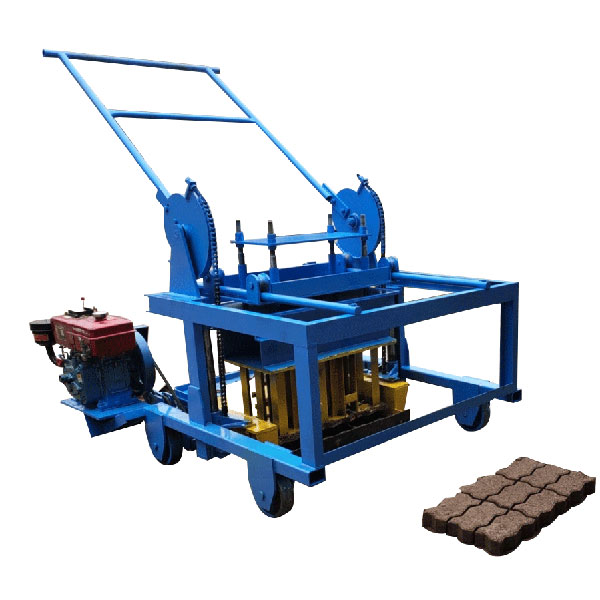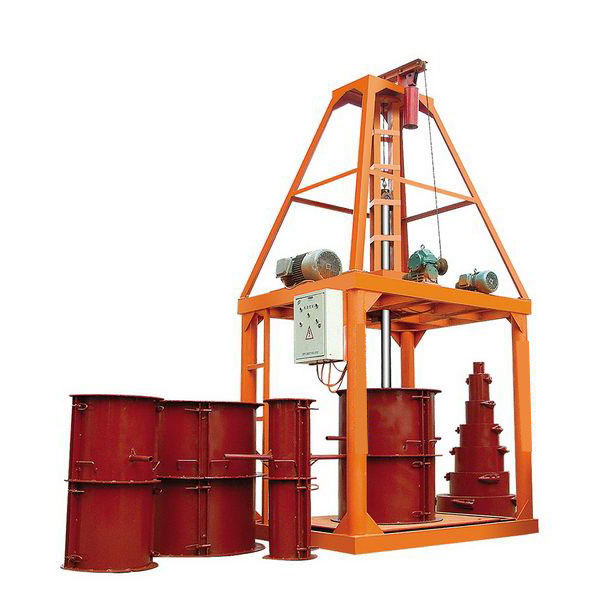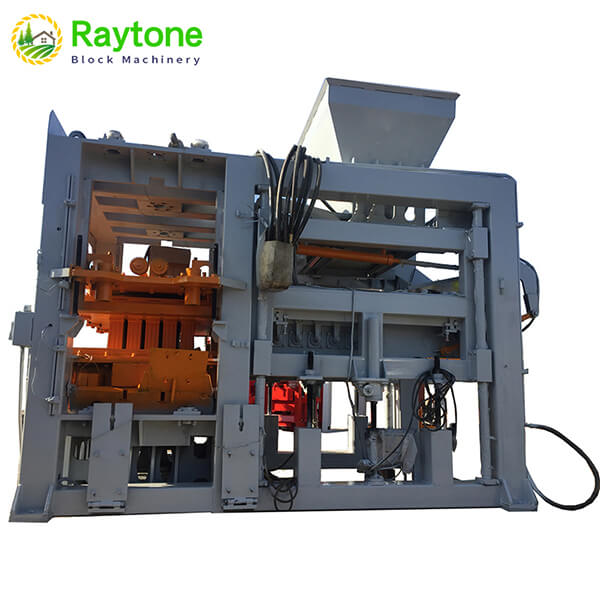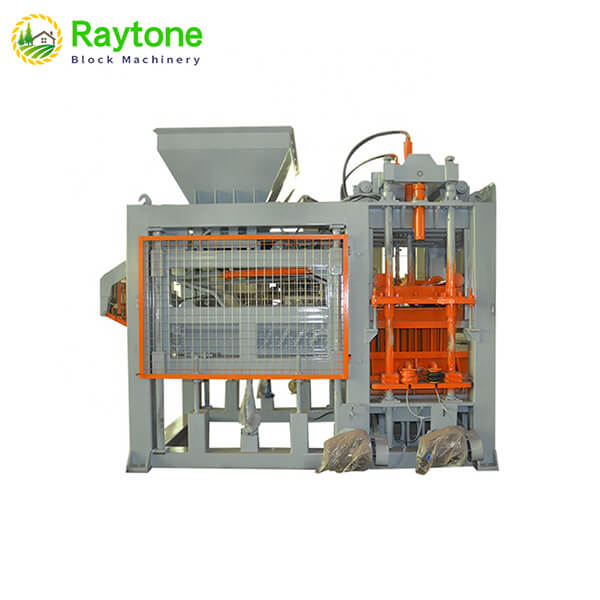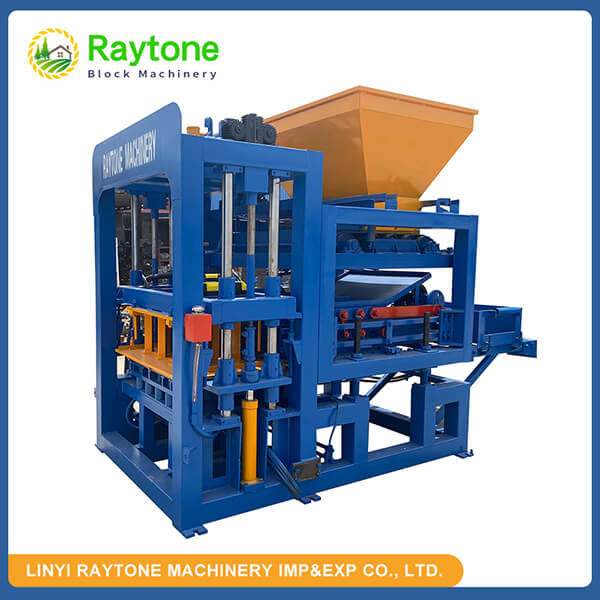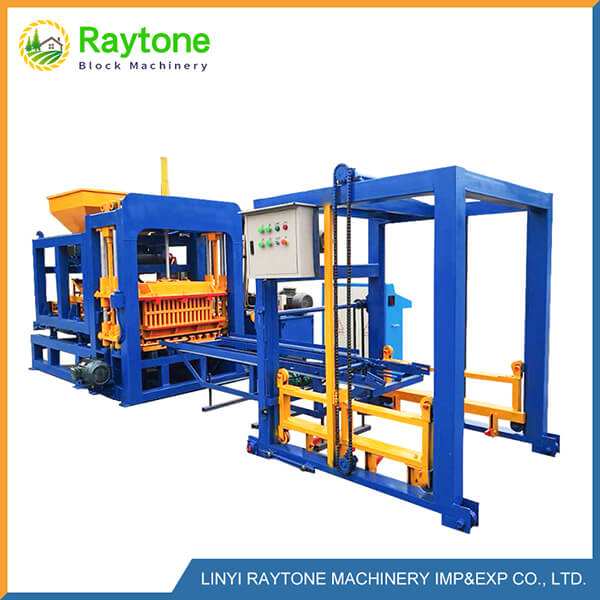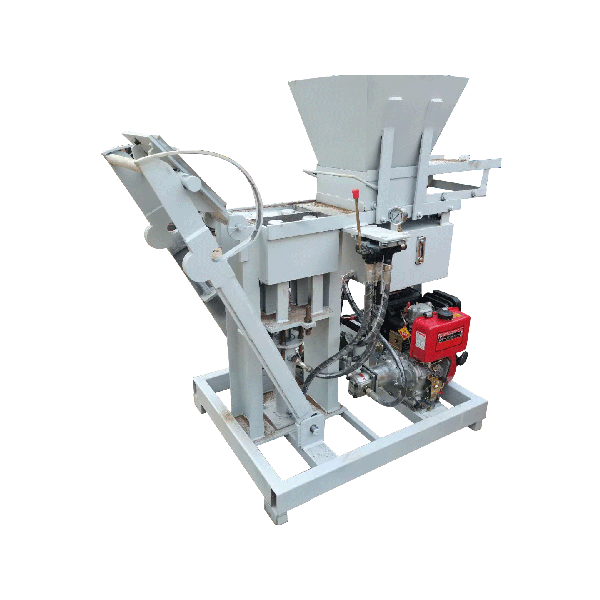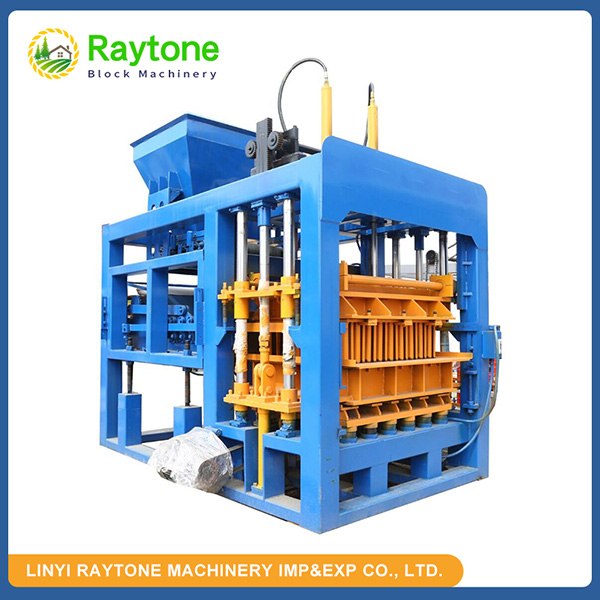Yes, investing in an electric block machine can be a smart move for small businesses, especially those in construction or building materials. These machines streamline the production of concrete blocks, bricks, and pavers, offering efficiency and cost savings over time. For startups or small operations, the initial cost might seem high, but the long-term benefits like reduced labor needs, consistent output, and energy efficiency often outweigh it. Raytone Machinery, a leading manufacturer of block machines, provides reliable options that suit various scales. If your business aims to scale production without massive overheads, an electric model boosts productivity while keeping operations simple. Many small enterprises report quicker returns on investment through higher output and lower maintenance. Overall, it’s worth it if you plan for growth and choose a quality machine from a trusted supplier.
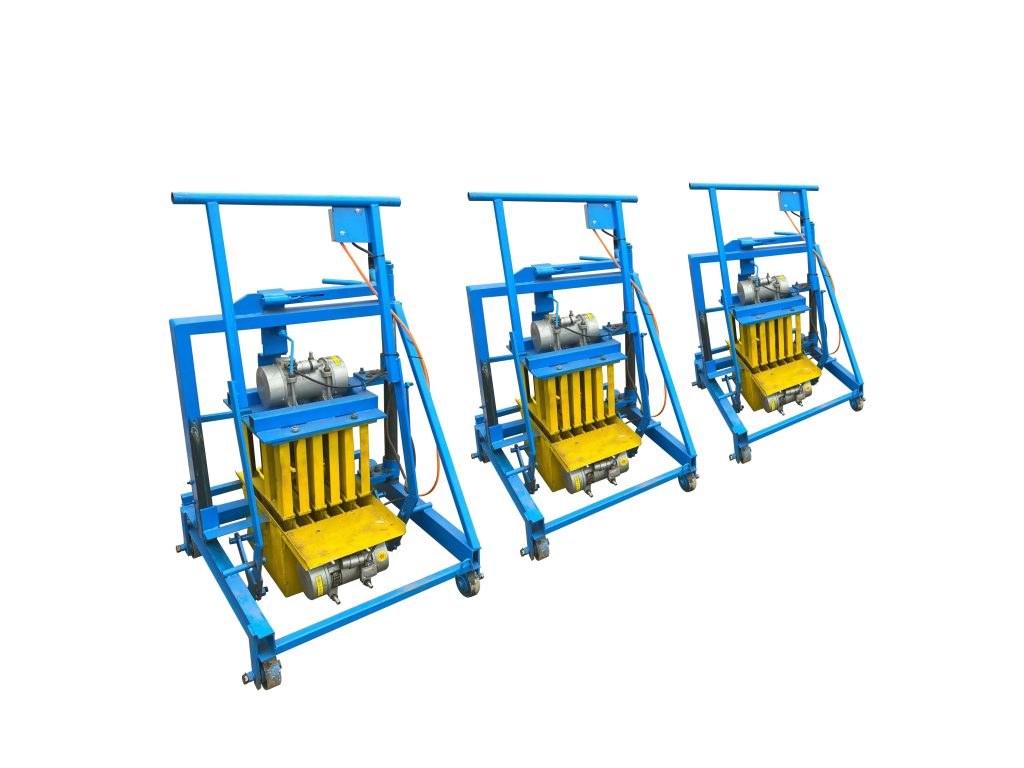
What is an Electric Block Machine and How Does It Work?
Electric block machines represent a modern take on traditional block-making equipment, powered entirely by electricity to mold and compress materials into solid blocks. Unlike older manual or diesel-powered versions, these machines use electric motors for consistent performance, making them ideal for small businesses looking to automate without complex setups. At Raytone Machinery, we specialize in high-quality concrete block machines that include electric models designed for reliability and versatility in construction projects and home building.
Key Components of an Electric Block Machine
An electric block machine typically includes a mixer, conveyor belt, molding chamber, and hydraulic press, all driven by electric power. The mixer blends cement, sand, and aggregates into a uniform mix. This blend then moves via conveyor to the molding area, where electric hydraulics compress it into shapes. Vibration mechanisms, also electrically powered, ensure the blocks are dense and free of air pockets. Raytone’s models emphasize durable parts that withstand daily use, reducing downtime. Small businesses benefit from these components because they allow for easy operation with minimal training. Electric systems also integrate sensors for precise control, helping maintain quality in every batch. This setup supports producing various block types, from hollow to solid, catering to diverse building needs.
The Working Process Step by Step
The process starts with loading raw materials into the mixer, where electric agitators create a smooth paste. Next, the mix transfers to molds on a vibrating table, powered by electric motors to settle the material evenly. Hydraulic rams, driven electrically, apply pressure to form the blocks. After compression, the machine ejects the finished products onto a pallet for curing. Raytone Machinery ensures our electric block machines handle this cycle efficiently, often completing it in minutes per batch. For small businesses, this means producing hundreds of blocks daily without exhaustive manual effort. The electric power source allows for indoor use, avoiding fumes from fuel-based alternatives. Adjustments for block size or type happen via simple controls, making the machine adaptable to market demands like custom pavers for landscaping.
Differences from Traditional Block Machines
Traditional block machines often rely on manual labor or diesel engines, leading to higher fuel costs and emissions. Electric versions, however, draw from standard power grids, offering cleaner operation and lower running expenses. Raytone’s electric block machines stand out for their semi-automatic features, bridging the gap between manual and fully automatic systems. They require less maintenance since electric motors have fewer moving parts prone to wear. Small businesses find this shift reduces operational hassles, allowing focus on sales rather than repairs. Electric models also support eco-friendly practices by minimizing waste through precise mixing. In global markets, where regulations favor sustainable equipment, these machines provide a competitive edge over outdated manual options.
Key Advantages of Electric Block Machines for Small Businesses
Small businesses in the construction sector often struggle with scaling production affordably. Electric block machines address this by delivering high output with low input, making them a practical choice. Raytone Machinery offers a range of these machines, from semi-automatic to fully automatic, tailored for performance and cost-effectiveness in building homes and infrastructure.
Cost Savings and Efficiency Gains
One major plus is the reduction in energy bills compared to diesel machines, as electricity is often cheaper and more stable. Small operations can produce blocks faster, cutting labor costs since one operator might handle what used to take a team. Raytone’s designs focus on efficiency, with features like quick mold changes that minimize setup time. Over months, this translates to substantial savings, allowing reinvestment in business growth. Electric models also waste less material through accurate dosing, preserving resources. For entrepreneurs starting out, these efficiencies mean breaking even sooner, often within a year of steady use.
Scalability and Versatility for Growth
These machines grow with your business, starting small and expanding output as demand rises. Raytone provides versatile options that make everything from standard bricks to interlocking blocks, opening doors to various clients. Small businesses can diversify products without buying extra equipment, adapting to trends like sustainable building materials. Electric power ensures consistent quality, building customer trust and repeat orders. As operations expand globally, the machine’s reliability supports exporting blocks or partnering with larger firms. This scalability helps turn a modest setup into a thriving enterprise.
Environmental and Operational Benefits
Electric block machines run cleaner, producing no exhaust, which appeals to eco-conscious markets. They operate quietly, suitable for urban or residential areas without disturbing neighbors. Raytone emphasizes low-maintenance designs, with electric components that last longer and are easier to service. For small businesses, this means fewer interruptions and safer workplaces. Energy-efficient motors align with green certifications, potentially qualifying for incentives. Overall, these benefits enhance your brand’s image while keeping daily operations smooth and sustainable.
Factors to Consider When Investing in an Electric Block Machine
Before committing, weigh several aspects to ensure electric block machine fits your small business needs. Raytone Machinery guides customers through this, offering wide-ranging solutions for concrete block production with a focus on value and reliability.
Initial Investment and ROI Analysis
The upfront cost varies by model, but electric machines from Raytone start affordably for small scales. Calculate ROI by estimating daily output against market prices for blocks. Factor in savings on labor and materials to project payback periods. Small businesses often see returns in under two years with consistent sales. Consider financing options to spread costs, making it accessible. Analyze your production volume needs to avoid overbuying capacity you won’t use immediately.
Maintenance and Training Requirements
Electric models need regular checks on motors and hydraulics, but Raytone’s machines are built for minimal upkeep. Training is straightforward, often completed in days, empowering your team quickly. Access to spare parts matters; choose suppliers with global reach for fast replacements. Small businesses benefit from user-friendly interfaces that reduce errors. Plan for ongoing support to keep the machine running optimally, ensuring long-term productivity.
Market Demand and Long-Term Viability
Assess local demand for blocks in construction and home building. Electric machines enable high-quality output that meets standards, positioning your business well. Raytone’s versatile products adapt to shifting trends, like demand for durable pavers. Consider global factors, such as material costs, to ensure viability. Building a network of buyers secures steady revenue, making the investment sustainable over years.
Conclusion
Investing in an electric block machine holds strong potential for small businesses aiming to thrive in construction. The efficiency, cost benefits, and scalability make it a worthwhile choice when selected thoughtfully. By focusing on quality suppliers like Raytone, you gain reliable tools that support growth. Weigh your specific needs against the advantages to decide confidently. In the end, this step can elevate your operations and profitability.
Contact Us
If you’re ready to explore electric block machines, Raytone Machinery offers high-quality, cost-effective solutions with excellent performance and reliability. Contact us at hazel@raytonechina.com for more details and personalized advice.
References
- “Construction Machinery and Equipment” by Frederick S. Merritt, published by McGraw-Hill, 2005.
- “Sustainable Building Materials” by Tom Woolley, published by RIBA Publishing, 2017.
- “Brick and Block Masonry” edited by Claudio Modena, published by CRC Press, 2016.
- “Modern Construction Handbook” by Andrew Watts, published by Birkhäuser, 2016.
- “The Art of Bricklaying” by Peter Cartwright, published by Crowood Press, 2019.
- “Advances in Construction Materials” edited by Christian U. Grosse, published by Springer, 2007.


